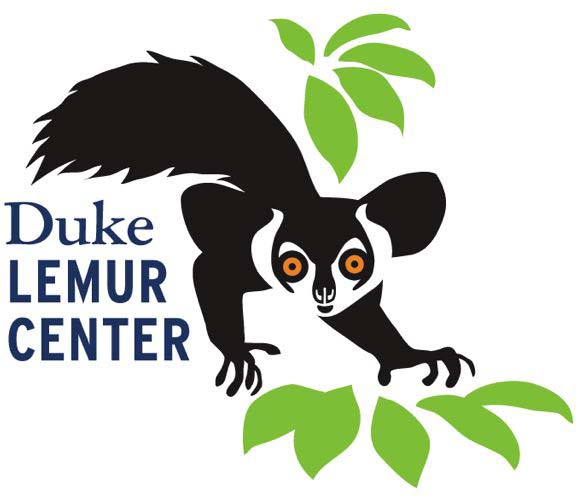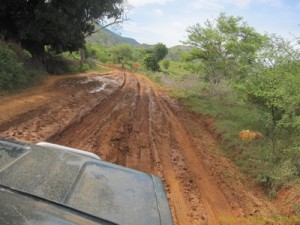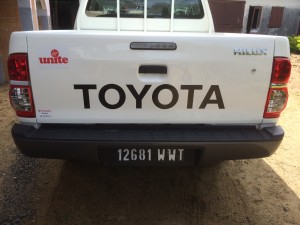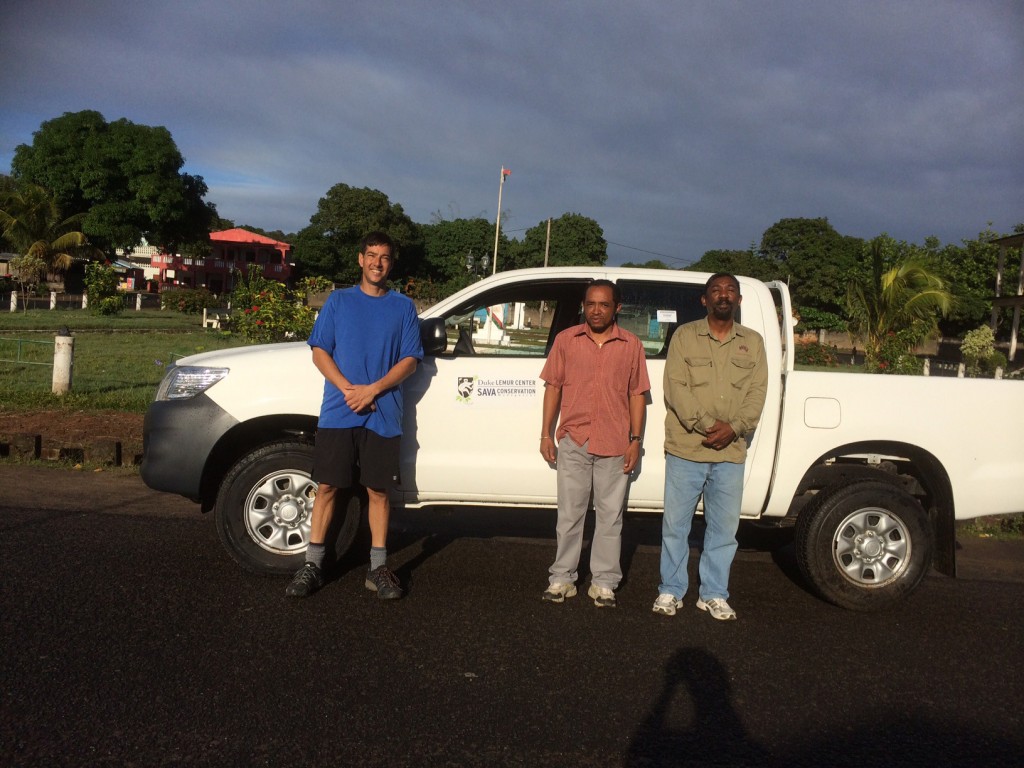June 23, 2014 — Lemur researcher Erik Patel will be the first to tell you that driving in Madagascar is not for the faint of heart. Paved roads are rare. Street lights are nonexistent. Torrential rains turn dirt roads to solid mud for many months of the year. Bridges wash out, and just as quickly as they are repaired, seasonal cyclones wipe them out again.
A generous matching gift won’t make the road conditions in Madagascar any less rugged, but it will allow members of Duke’s SAVA Conversation initiative to get around and manage a growing number of projects more safely, cost-effectively, and with fewer headaches than before. Thanks to matching donations from William and Alexandra Anlyan and the charitable organization Virgin Unite, the Duke Lemur Center’s three-year-old SAVA conservation program now has a new Toyota pickup truck.
The few paved roads in northeastern Madagascar — where the initiative is located — are better than most. Three to five times a week project director Erik Patel and his colleague Lanto Andrianandrasana travel from village to village to oversee the project’s activities, which range from teacher training and environmental education, to fish farming as an alternative to the bushmeat trade, to reforestation, family planning and more.
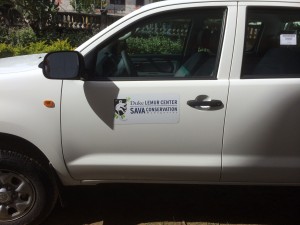
Thanks to matching donations from William and Alexandra Anlyan and the charitable organization Virgin Unite, the Duke Lemur Center’s three-year-old SAVA conservation program now has a new Toyota pickup truck.
Until now, their main means of getting from site to site was to rent a 4×4. Traveling by public transit takes too long — a trip that might take two hours in a private car can take a whole day in a bush taxi. And with hundreds of pounds of gear often in tow, getting around by bike was out of the question. But car rental fees can add up fast. Due to the poor condition of Madagascar’s roads, most rental car companies will only let you rent a car if you also hire one of their drivers. “[It eats up] a huge proportion of our budget — between $300 and $500 USD per week,” Patel wrote.
Delays and cancellations are common. “[One time] we actually had to cancel a project because we could not find a driver willing to take us to a remote village near the northwest side of Marojejy National Park. We called three different vehicle owners. Only one of them could be reached by phone despite hours of trying, and he turned us down, saying the only 4×4 he had available was only suitable for good city roads,” Patel said.
Safety is an issue too, since the rented vehicles seldom have working seat belts or airbags, and since Patel and his colleagues often find themselves rushing back at the end of the work day and driving at night to avoid a second day’s rental fee.
With multiple conservation projects ongoing throughout a several thousand-square mile region, what the program needed more than anything was a vehicle to get from one site to the other. British business magnate and Virgin Group founder Richard Branson offered to donate half the funds to help purchase a vehicle, and Alexandra Anlyan and her husband Dr. William Anlyan provided the remainder.
William (Bill) Anlyan was chancellor of Duke Medicine from 1964 to 1989. “It was Bill, in his role as a leading Duke administrator, who first decided to invest in a lemur facility at Duke,” said Duke Lemur Center director Anne Yoder. “The Duke Lemur Center would not even exist if it were not for his wisdom and foresight.”
It’s not just SAVA Conservation staff who will benefit from the new truck. The project frequently hosts visiting professors and students from Duke and other universities, so the truck will make working in Madagascar safer and more efficient for others as well.
How to help: 100% of the Duke Lemur Center’s conservation efforts in Madagascar are funded by grants and private donations. You can help continue their work of protecting forests and improving the lives of local people in Madagascar. For a list of specific needs and other ways to give please visit https://lemur.duke.edu/protect/donate/.
